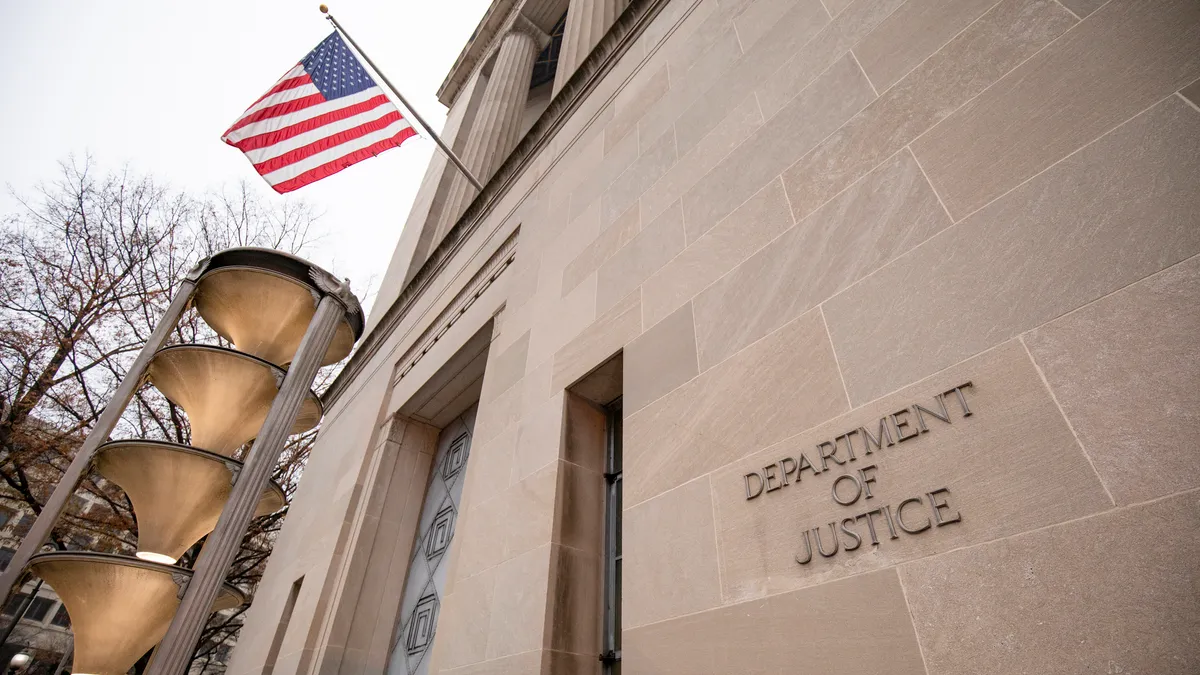A federal judge in New York declined to throw out an indictment last week accusing former Frank executives Charlie Javice and Olivier Amar of bank fraud and other crimes related to Frank’s $175 million sale to JPMorgan Chase.
Judge Alvin Hellerstein denied Javice’s and Amar’s requests after hearing arguments on behalf of the defendants’ motion to dismiss the previous day.
Both Javice and Amar were charged last year with bank fraud, securities fraud, wire fraud and conspiracy to commit bank and wire fraud after JPMorgan sued them for allegedly exaggerating the customer base of Frank, their student loan-focused fintech, in an effort to trick the bank into purchasing it.
The Department of Justice and the Securities and Exchange Commission, in charges that followed JPMorgan’s lawsuit, allege that Javice and Amar instructed a Frank employee to cook up numbers to corroborate their claims to the bank that Frank had over 4 million users, when in fact, it had around 300,000.
When the employee refused, Javice allegedly hired a data science professor at a college in New York to create fake student accounts. Amar negotiated with an external data compiler to get him data on millions of students for $105,000, according to the SEC.
In their respective motions to dismiss the superseding indictment filed May 20, both Javice and Amar allege that the indictments against them lack specificity, and that the government tries to cover up holes in the indictment by leaving it to the defendants to “divine particulars from a mass of millions of pages of documents produced from the files of dozens of entities and individuals. The law and basic fairness require more,” Javice’s attorneys wrote in her motion to dismiss. “Ms. Javice is entitled to an Indictment that provides meaningful, intelligible notice of the essential facts of the charged schemes.”
“It seems the government’s current position is that Defendants must prepare to defend themselves against charges that they defrauded dozens of entities — a scope of alleged conduct not even hinted at in the Indictment, the discovery, or the government’s statements to the Court — and must continue to do so without particulars as to when, how, or through which statements or omissions they are alleged to have committed fraud,” they continued. “This lack of specificity warrants dismissal of the pending charges.”
Additionally, both Javice’s and Amar’s motions allege that the indictments against them “fail to allege bank fraud.”
“Without citing any supporting case law, the Government wrongly argues that the bank fraud statute applies to any transaction involving a bank, regardless of whether the transaction is a banking transaction or some other commercial transaction, like an acquisition of a non-banking entity,” Amar’s attorneys wrote in his motion to dismiss. “Such a reading grossly expands the scope of the bank fraud statute, impermissibly creating a “plenary ban on fraud,”... and “federaliz[ing] funds that have nothing to do with the banking system.”
Hellerstein did not provide details as to why he denied the motions to dismiss.
JPMorgan declined to comment on the development. Javice’s attorney, Alex Spiro of Quinn Emmanuel Urquhart & Sullivan, did not return a request for comment.
Both defendants have pleaded not guilty.














